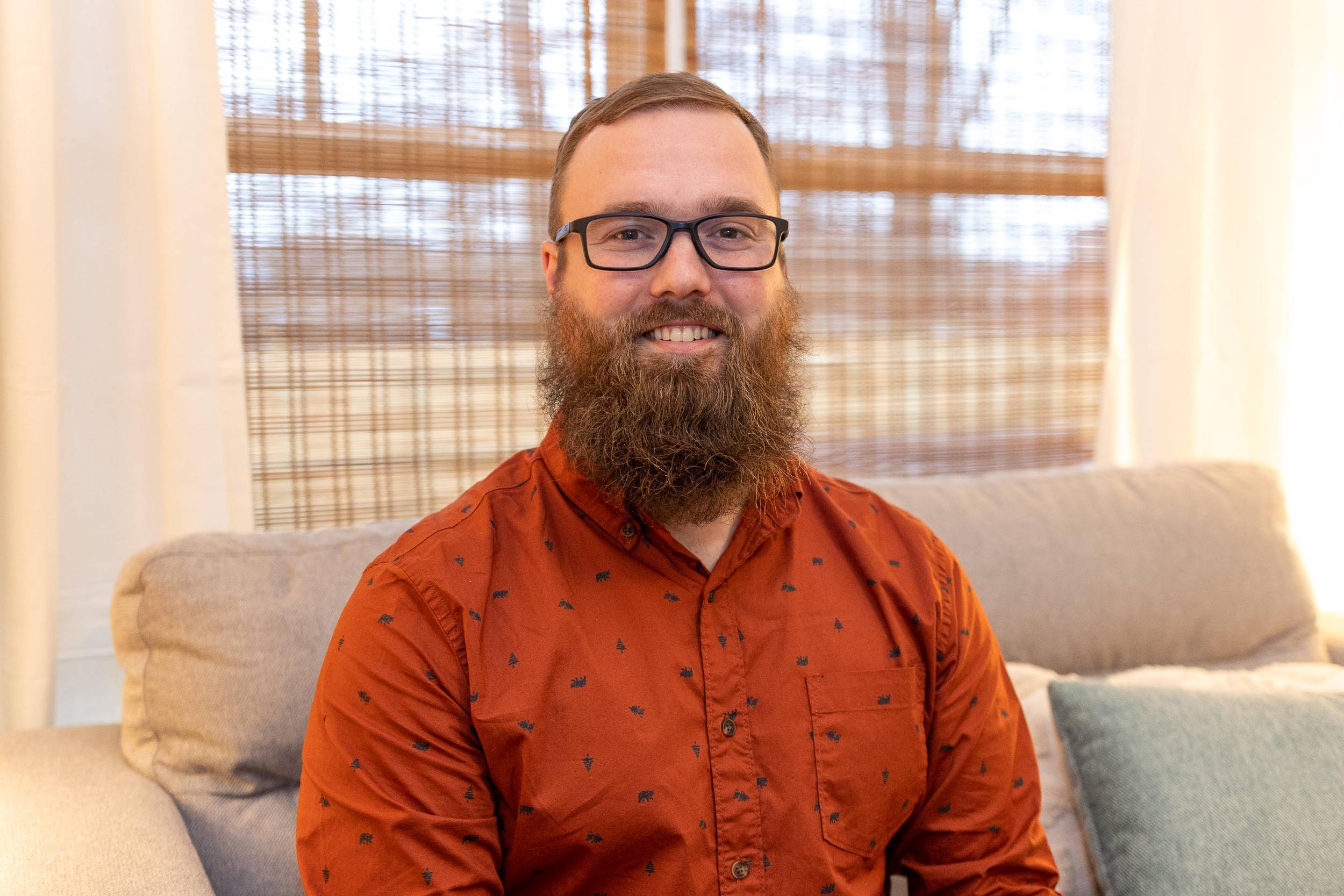Dealing with Burnout: Signs, Prevention and Recovery
 Burnout has become an overused word by many to categorize stress. It is important
for graduate students to truly understand burnout, which is a state of physical, emotional
and mental exhaustion due to prolonged stress, and to have practical tools to combat
it. Mason Hale, Tech alumnus, Ph.D. in Counseling and Supervision, Licensed Clinical
Pastoral Therapist, Temporary Licensed Professional Counselor-Mental Health Service
Provider, National Certified Counselor, and Board-Certified Christian Counselor gives
insight on burnout, how to spot it and how to prevent it in graduate school.
Burnout has become an overused word by many to categorize stress. It is important
for graduate students to truly understand burnout, which is a state of physical, emotional
and mental exhaustion due to prolonged stress, and to have practical tools to combat
it. Mason Hale, Tech alumnus, Ph.D. in Counseling and Supervision, Licensed Clinical
Pastoral Therapist, Temporary Licensed Professional Counselor-Mental Health Service
Provider, National Certified Counselor, and Board-Certified Christian Counselor gives
insight on burnout, how to spot it and how to prevent it in graduate school.
“I heard a lecturer identify that the people who experience burnout are the best of us,” Hale recalled. “These are the people that exhibit high achievement, are hard-working, and diligent, but have difficulty delegating tasks, asking for help, and accepting products that are less than perfect.”
Perfection does not equal success! Reminder: no one is perfect, and graduate students are not expected to be either.
“There is no right way to navigate graduate school and the normal and overwhelming stresses of life,” Hale acknowledged. “The life of a graduate student calls a person to embrace adaptability, flexibility, open communication with important people in one’s life, fortitude, grit, resilience, growth, optimism, realism, and more.”
Too much emphasis on perfect grades can lead graduate students down a pressure-filled path, but Hale points out that burnout is not experienced due to challenges in only one area of life.
“I believe burnout is a product of a misbalancing that happens across life’s roles and responsibilities that could be attributed to perceiving one or more areas of life demanding too much,” he stated.
Continuing that idea, he explains a few warning signs of burnout.
“Although experiencing a single one of these things is not enough to characterize burnout, experiencing several of these could mean that you might be experiencing burnout: compassion fatigue, loss of meaning and purpose, withdrawal form relationships/social connections, physical fatigue, difficulty concentrating, or inconsistent appetite,” Hale noted.
Understanding how burnout can arise, Hale dives into using self-care as a prevention tool.
“I like to conceptualize self-care as a function of wellness awareness in which the Substance of Abuse and Mental Health Services Association provides a model with eight domains of wellness,” Hale continued. “Emotional, spiritual, intellectual, physical, environmental, financial, occupational, and social should get necessary attention for balance and appropriate self-care.”
When faced with burnout, Hale urges students to visit your doctor, talk with a counselor to navigate work, school and social life boundaries and rejuvenate with people closest to you. Students have access to Tennessee Tech’s Center for Counseling and Mental Health Wellness, which is a great resource to prioritize their mental health.
“Having spaces, places, and people to cry, laugh, be thoughtful, express anger with is necessary to fully embrace one’s lived experience,” he reveals. “We hope to embody the strength in our lives especially through the demanding times such as graduate school, but I want to express the idea that strength is not the absence of emotion but the courage to be compassionately engaged with someone in the symphony of emotions within a moment.”
 Speaking from experience, Hale discusses how to recover from burnout. He and his wife
welcomed his first child into their family during his first year of his doctoral program,
which created an exciting but demanding period of his life that required mindful navigation.
Speaking from experience, Hale discusses how to recover from burnout. He and his wife
welcomed his first child into their family during his first year of his doctoral program,
which created an exciting but demanding period of his life that required mindful navigation.
“I prioritized my sleep and then adjusted my attention to my diet,” he explained. “Eating better, taking appropriate supplements improved my mood, brain function, and helped pull me out of the funk that I found myself in.”
Life is never free of new challenges. How you handle those challenges is what fosters resilience. Hale encourages each graduate student to trust the process of graduate school and embrace life’s transitions and changes.
“You have to choose to participate in the growth, to face the tensions, to face the adversity, to be open to the change within you,” he urged.

